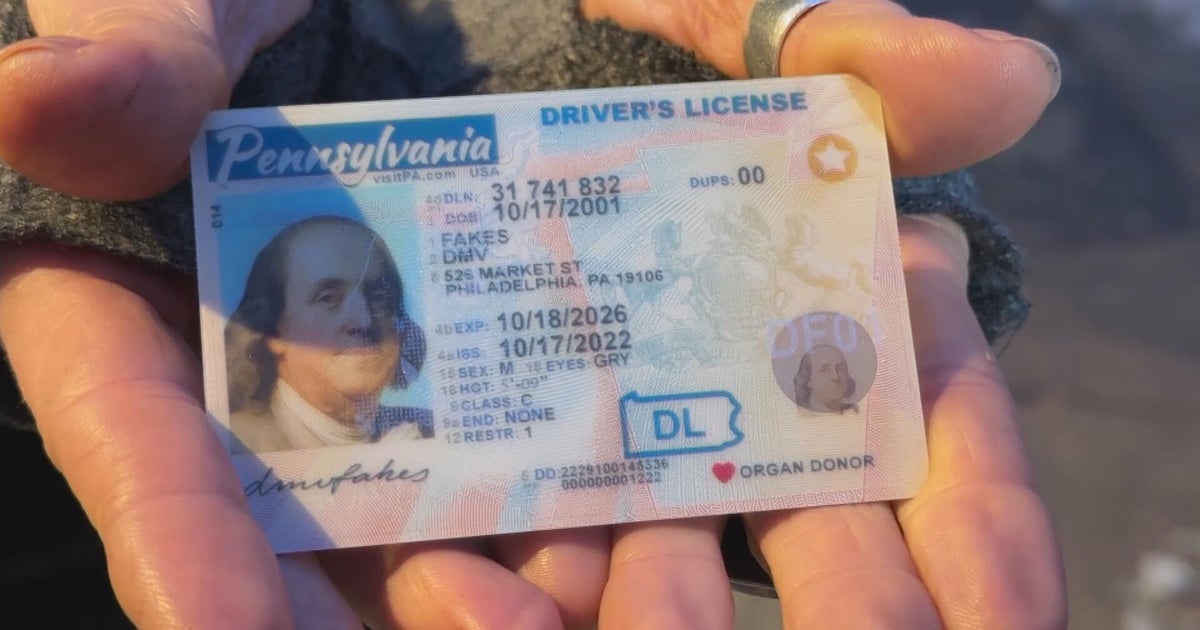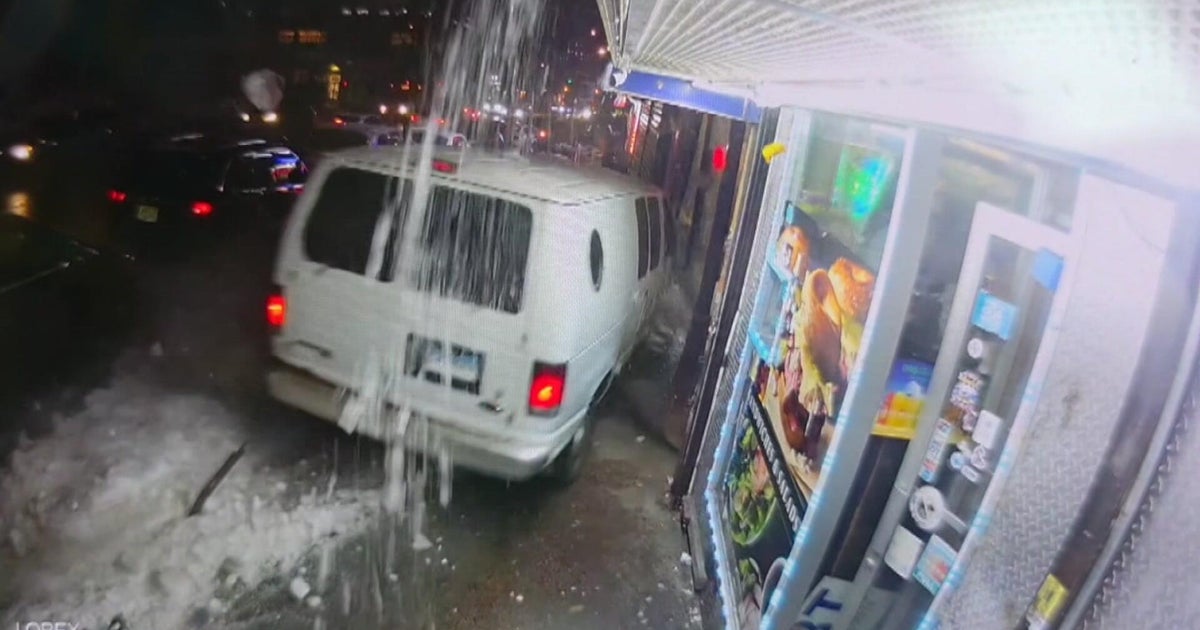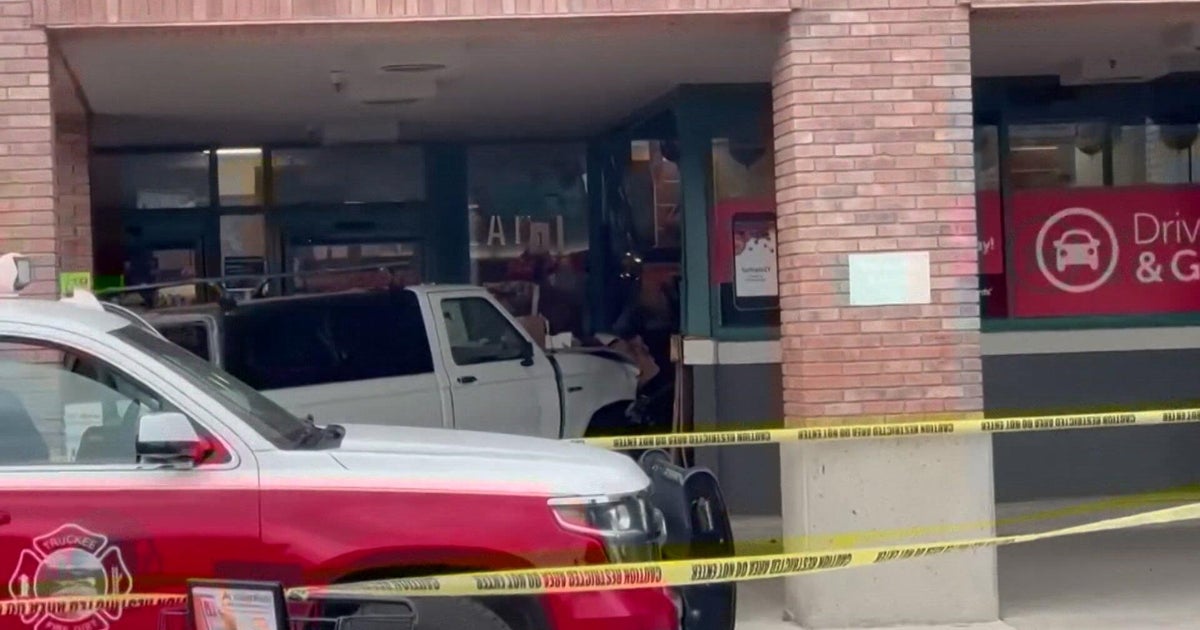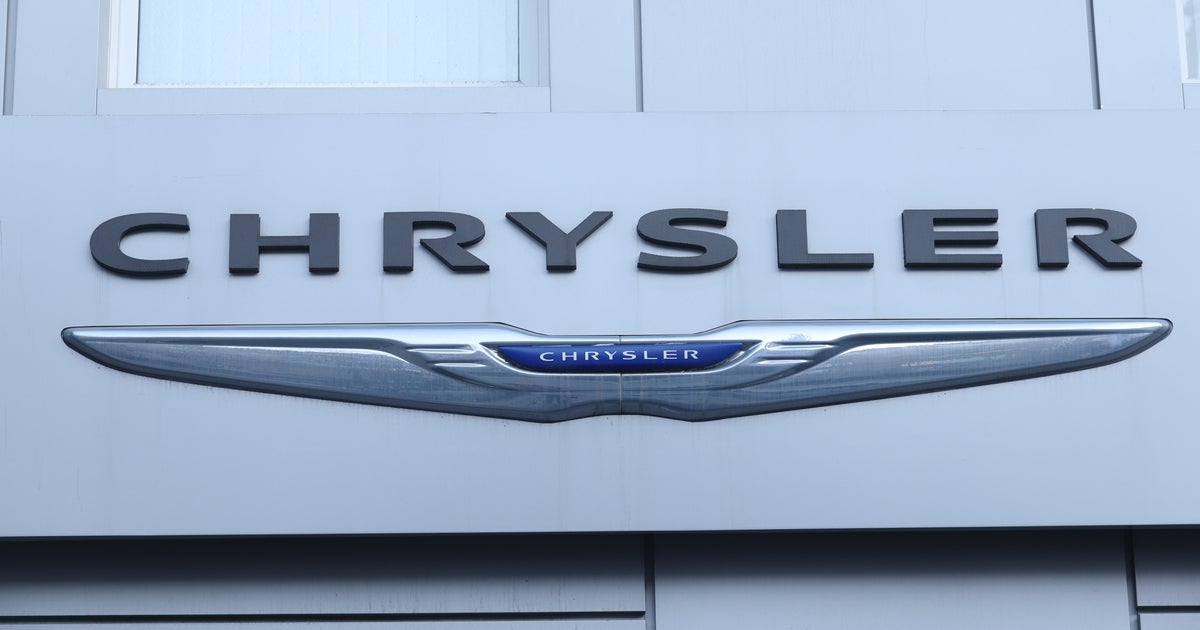New research shows automatic braking doesn't always work
PHILADELPHIA (CBS) -- It sounds like a great idea -- technology that can hit the brakes in your car even if you fail to. About 90% of new vehicles have automatic braking, but according to a new report, it doesn't always work.
Test video from AAA shows how automatic emergency braking can prevent a rear-end accident.
The feature uses cameras and sensors to detect a vehicle.
"It will apply the brakes if the driver does not," Megan McKernan, group manager of automotive services at AAA, said.
McKernan was part of the research that tested vehicles from four automakers.
"We found at 30 miles an hour, 85% of the time the vehicle either came to a complete stop or significantly mitigated the speed," she said.
But when the speed was increased to 40 mph, the cars stopped only 30% of the time.
When researchers looked at left-hand turns, every vehicle failed to stop.
The same was true when the cars encountered another vehicle in an intersection. In every test, there was a crash.
The Insurance Institute for Highway Safety recently tested 23 vehicles approaching a pedestrian at night. Only four received a superior rating.
"About half of the vehicles received either no credit or a basic credit rating, which is our bottom two ratings," David Harkey, president of the Insurance Institute for Highway Safety, said.
Despite the results, experts support the technology.
"AAA is definitely an advocate of this feature," McKernan said, "and we just want to see automakers continue to refine and improve the systems."
McKernan says it's important to remember these systems have limitations, and drivers must always stay alert.
The research also showed that automatic braking not only struggles at higher speeds but also in the dark.
At the end of the day, you must be aware of your surroundings.







